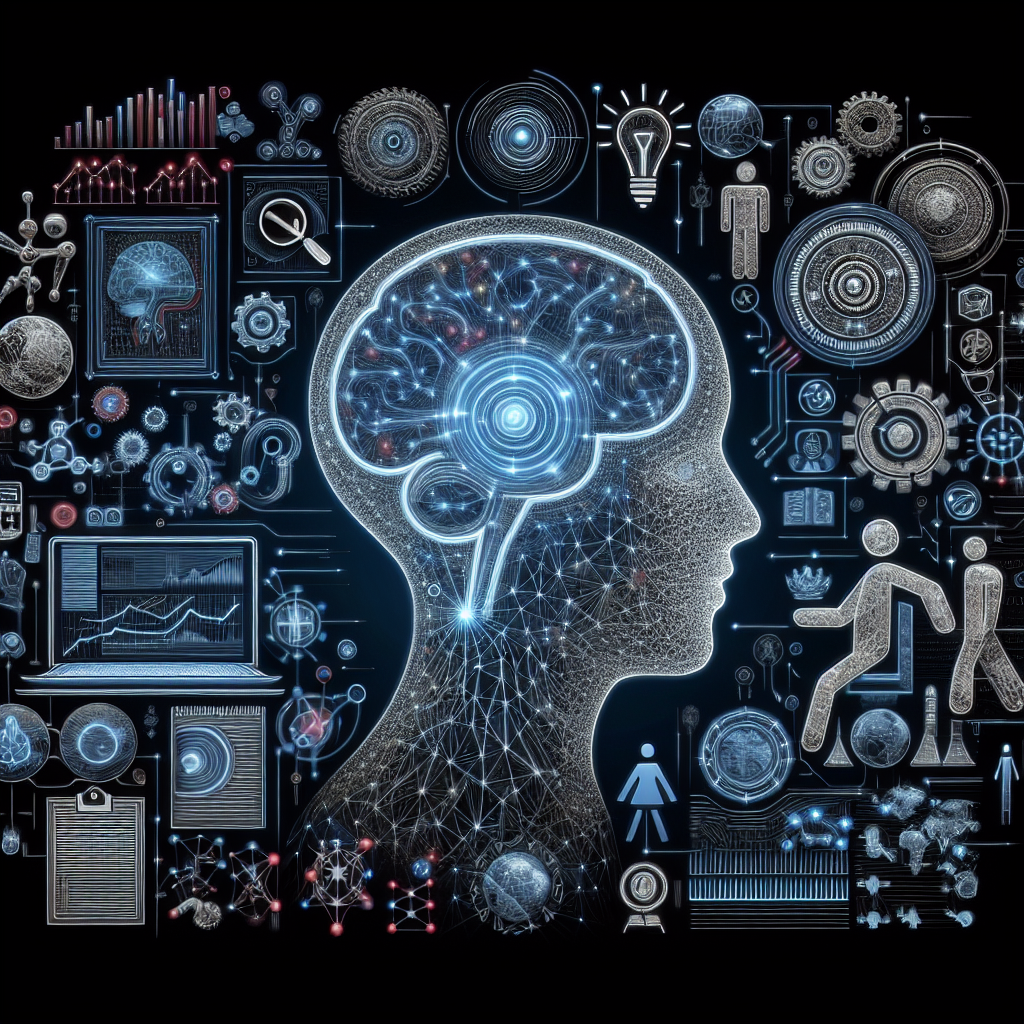Artificial General Intelligence (AGI) is the next frontier in the field of artificial intelligence (AI). Unlike narrow AI systems that are designed for specific tasks, AGI aims to replicate the cognitive abilities of a human, enabling machines to think, reason, and learn like humans. The development of AGI has the potential to revolutionize the future of work, with implications for jobs and the economy.
In this article, we will explore the impact of AGI on the future of work, including the potential opportunities and challenges it presents. We will also discuss how AGI could reshape the economy and what steps can be taken to prepare for this technological advancement.
The Rise of AGI and the Future of Work
As AI technologies continue to advance rapidly, the development of AGI is becoming a more realistic possibility. AGI has the potential to automate a wide range of tasks currently performed by humans, leading to significant changes in the workplace. Jobs that involve repetitive tasks or routine decision-making are particularly at risk of being automated by AGI systems.
However, the rise of AGI also presents new opportunities for workers. AGI can augment human capabilities, enabling workers to perform tasks more efficiently and effectively. This can lead to increased productivity and innovation in the workplace. Additionally, AGI can create new job opportunities in fields such as AI development, data science, and robotics.
The Impact of AGI on Jobs
The impact of AGI on jobs is a topic of much debate among experts. Some argue that AGI will lead to mass unemployment, as machines replace human workers in a wide range of industries. Others believe that AGI will create new job opportunities and lead to a more dynamic and flexible workforce.
One potential scenario is the creation of a “hybrid workforce” in which humans and machines collaborate to perform tasks. This could lead to the redefinition of job roles and the emergence of new types of jobs that require a combination of human and machine skills.
Another possibility is the “gig economy” model, in which workers perform tasks on a freelance or contract basis, leveraging AGI technologies to find and complete jobs. This could lead to a more flexible and dynamic labor market, but also raise concerns about job security and benefits for workers.
Preparing for the Future of Work
As the development of AGI continues to progress, it is important for policymakers, businesses, and workers to prepare for the implications of this technological advancement. Here are some key steps that can be taken to prepare for the future of work:
1. Invest in education and training: As AGI technologies become more prevalent in the workplace, workers will need to acquire new skills to adapt to the changing job market. Investing in education and training programs can help workers develop the skills needed to thrive in a world where AGI is prevalent.
2. Foster collaboration between humans and machines: To maximize the benefits of AGI, businesses should focus on creating a collaborative work environment where humans and machines work together to achieve common goals. This can help to enhance productivity and innovation in the workplace.
3. Address ethical and legal concerns: The development of AGI raises a number of ethical and legal concerns, including issues related to data privacy, bias in algorithms, and the impact of automation on jobs. Policymakers should work to address these concerns and ensure that AGI technologies are developed and used responsibly.
4. Promote job creation and economic growth: While AGI has the potential to automate many tasks currently performed by humans, it also has the potential to create new job opportunities and drive economic growth. By investing in research and development in AI technologies, businesses can help to create new industries and job opportunities for workers.
Frequently Asked Questions
1. What is AGI and how is it different from other forms of AI?
AGI, or Artificial General Intelligence, is a form of artificial intelligence that aims to replicate the cognitive abilities of a human. Unlike narrow AI systems that are designed for specific tasks, AGI is capable of thinking, reasoning, and learning like a human.
2. What are the potential implications of AGI for jobs and the economy?
AGI has the potential to automate a wide range of tasks currently performed by humans, leading to significant changes in the workplace. While some jobs may be at risk of being automated, AGI also presents new opportunities for workers and can create new job opportunities in fields such as AI development, data science, and robotics.
3. How can workers prepare for the future of work in an age of AGI?
Workers can prepare for the future of work by investing in education and training programs to develop the skills needed to thrive in a world where AGI is prevalent. Additionally, workers should focus on fostering collaboration between humans and machines to maximize the benefits of AGI in the workplace.
4. What steps can policymakers take to address the implications of AGI for jobs and the economy?
Policymakers can address the implications of AGI for jobs and the economy by investing in research and development in AI technologies, promoting job creation and economic growth, and addressing ethical and legal concerns related to the development and use of AGI technologies.
In conclusion, the development of AGI has the potential to revolutionize the future of work, with implications for jobs and the economy. By preparing for the impact of AGI and taking proactive steps to address the challenges and opportunities it presents, businesses, policymakers, and workers can navigate the changing landscape of the workplace and ensure a prosperous future for all.

